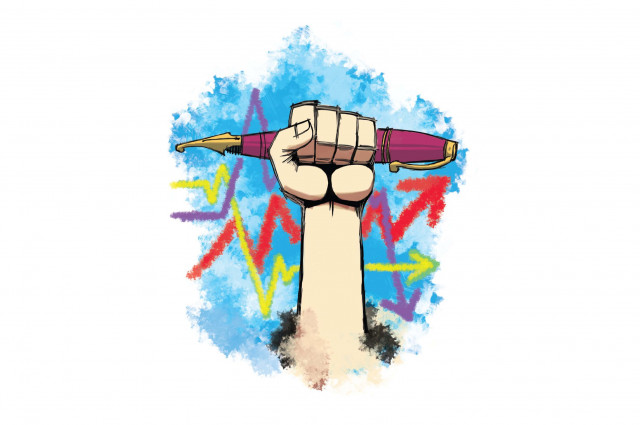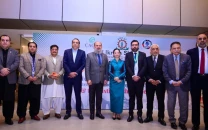Opportunity for balanced and biased coverage
Journalism has always influenced economics through the ability to shape perceptions and opinions.

These influences do not come without their respective shortcomings, as there remain unaddressed market failures in the workings of the industry that need to be rectified, or at least acknowledged to promote mindful, rather than blind following.
Thinking global
The international financial crisis exposed some of these features, where in the years preceding the turmoil, journalism was in line with the fantasy picture of the time, disregarding the possibilities of loop holes in financial products, their complexity, use and regulation.
However, as issues began to rise a U-turn in financial reporting was viewed with a high on fault finding and pessimism. Did this mean the concerns exposed during the crisis where not present when the going was good? Certainly not. They were just not examined deep enough to surface and explore at the time.
Hence, it would not be incorrect to claim that journalism played its due share as it blindly supported popular notions and was unable to provide the required credibility through rigour, investigative, balanced and analytical assessment. After all, it sets out to inform and educate the larger audience.
Local journalism
This discussion has become extremely relevant for Pakistan, as the journalism industry has exponentially grown over the last decade with more than 22 television channels in 2007, from just one in the year 2000, as noted by economist Akbar Zaidi.
The industry has further grown in recent years, with reach of the medium increasing through presence in multiple vernacular languages.
As is commonly known, coverage of social and political features takes precedence in Pakistan, a bias which hurts the performance of our economy.
Within this scope it seems like death, bombs, failure, international verdicts and some form of remorse is what makes news and headlines, rather than positive features – despite the fact there is lot to be proud of in our country.
For instance, many would be aware of a failed suicide attempt, but few would know that ‘Ufone’ is a contender for an international brand award.
In some instances where business news does make the headlines, it is extremely descriptive, more often unpleasant and reactive in nature. It is important to note that even the most sophisticated of international economic rating agencies use local news feeds as a core source of market knowledge.
Therefore, how can we even question our label abroad when we set the premise ourselves, not always through what exists, but through what and how we report? This ultimately influences the economics of the country, from deterring investment to enhanced social problems, creating a vicious cycle between cause and effect.
Improvement
Here lies the opportunity where balanced and unbiased coverage, in terms of what makes headlines, would surface better outcomes.
It is also pertinent for policymakers to acknowledge the influence of such outlets on our daily life. This is crucial, as it would have implications on policy choices and their effectiveness.
Moving forward, credibility is paramount. This requires a shift in attitude towards pro-activeness and exploration, combined with technical expertise and a focus on critical and analytical thinking.
Such could be provided through the establishment of one-year certified residency programmes compulsory for all joining the industry – regardless of background and context. These would involve a combination of practical, skill and attitude based features – something surgeons undertake while in training.
This would not only uplift the overall standards of the industry, but educate people about themselves, their surroundings, and the rigour required for effective journalism.
The writer is an economist with a MSc in local economic development from the London School of Economics and Political Science
Published in The Express Tribune, September 20th, 2010.



















COMMENTS
Comments are moderated and generally will be posted if they are on-topic and not abusive.
For more information, please see our Comments FAQ